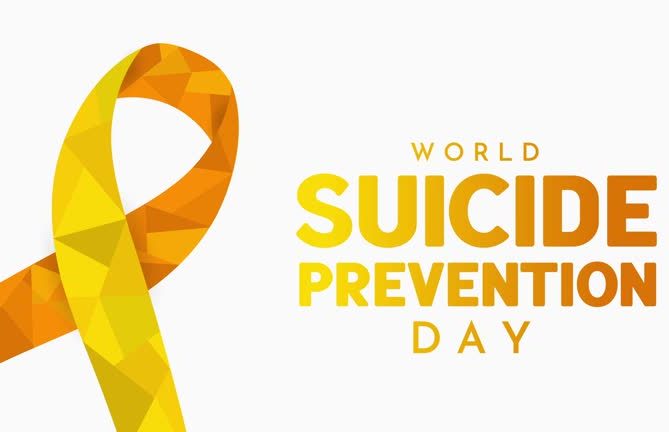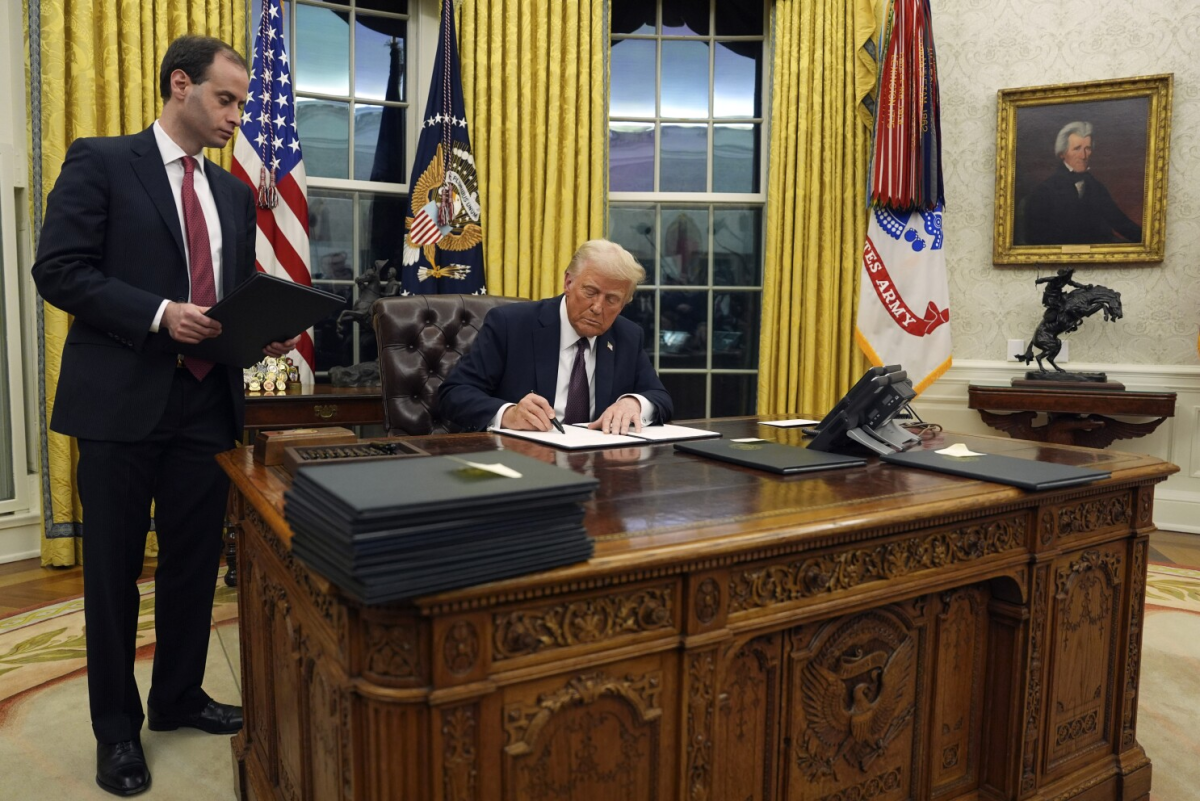After spending an excruciating forty years on death row, just recently on September 26, 2024, Japanese citizen Iwao Hakamada was declared innocent. It was found that the “evidence used against him [in his original conviction] was fabricated.” Accused of murder and arson back in 1968, Hakamada secured the Guinness World Record title for “world’s longest-serving death row inmate.” Although freed from the confines of his dingy cell, Hakamada continues to grapple with the effect that spending half of his life behind bars as an innocent has had on his mental health. In an article on BBC, journalists Gavin Butler and Shaimaa Khalil explain that his mental health has deteriorated so significantly that “he was unfit to attend the hearing where his acquittal was finally handed down.”
Aliso Niguel High School senior Holly Kim, well-versed in criminal justice and law, describes this incident as “guilty until proven innocent.” Her interpretation is backed by former prosecutor Nobuo Gohara. In an article from Human Rights Watch, Gohara states, “You are basically held hostage until you give the prosecutors what they want.” Kim agrees with Gohara’s account of Japan’s strict criminal justice system, especially given the “very, very high…conviction [rate].” According to Harvard Law School, this number exceeds 99%.
CdM freshman and resident history guru Adriana Bezrukov thinks that Japan’s stringent legal system may roots in the samurai bushido code, where failure to adhere to the seven tenets meant suicide. Another theory Bezrukov proposed was that America’s own strict rules towards crime may have rubbed off on the Land of the Rising Sun during the post-WWII occupation. Even with matters less extreme, during her summer stay in Okazaki, Japan, Bezrukov noticed “many rules,” a prime example being when they toured the local temples. “We had to take off our shoes and [weren’t allowed to bring in] bags,” she explains. This speaks to the larger reality of “how [heavily] rules…structure [Japanese] society.”
However, it would be rash of us, as Americans, to ignore the flaws that are right in front of our noses. Kim cites the infamous OJ Simpson trial as an instance in which the American criminal justice system has too been unjust. “There’s [so much] evidence to prove that he did it, but…the defense was [still] able to…acquit him,” Kim explains. Her concluding statement prompts us to consider how these defects in our system can be resolved, lest more innocents like Hakamada be subject to groundless life-long punishment: “I [don’t] think we [can] necessarily eliminate [human error], but it…needs to be addressed [right away].”













